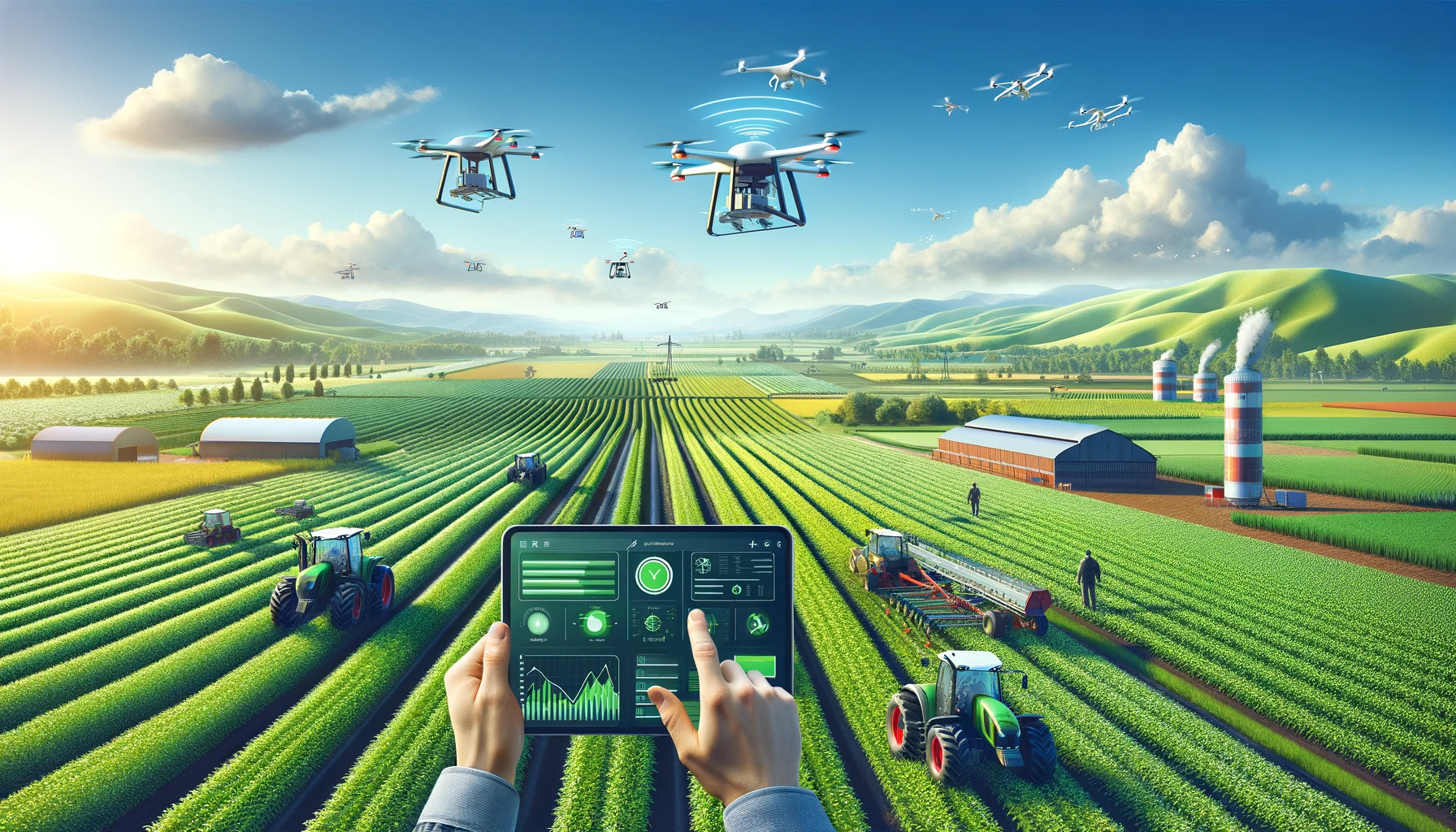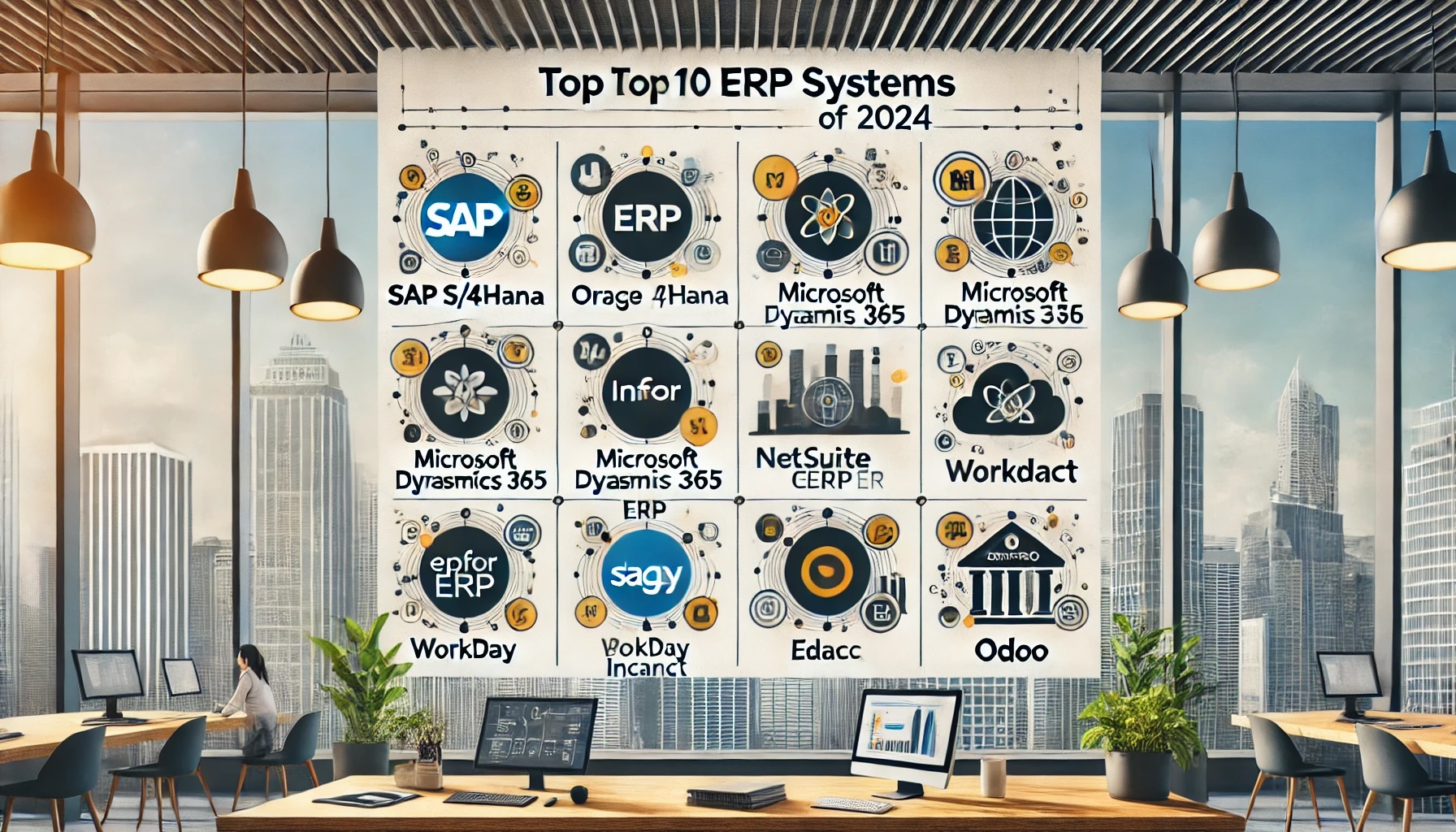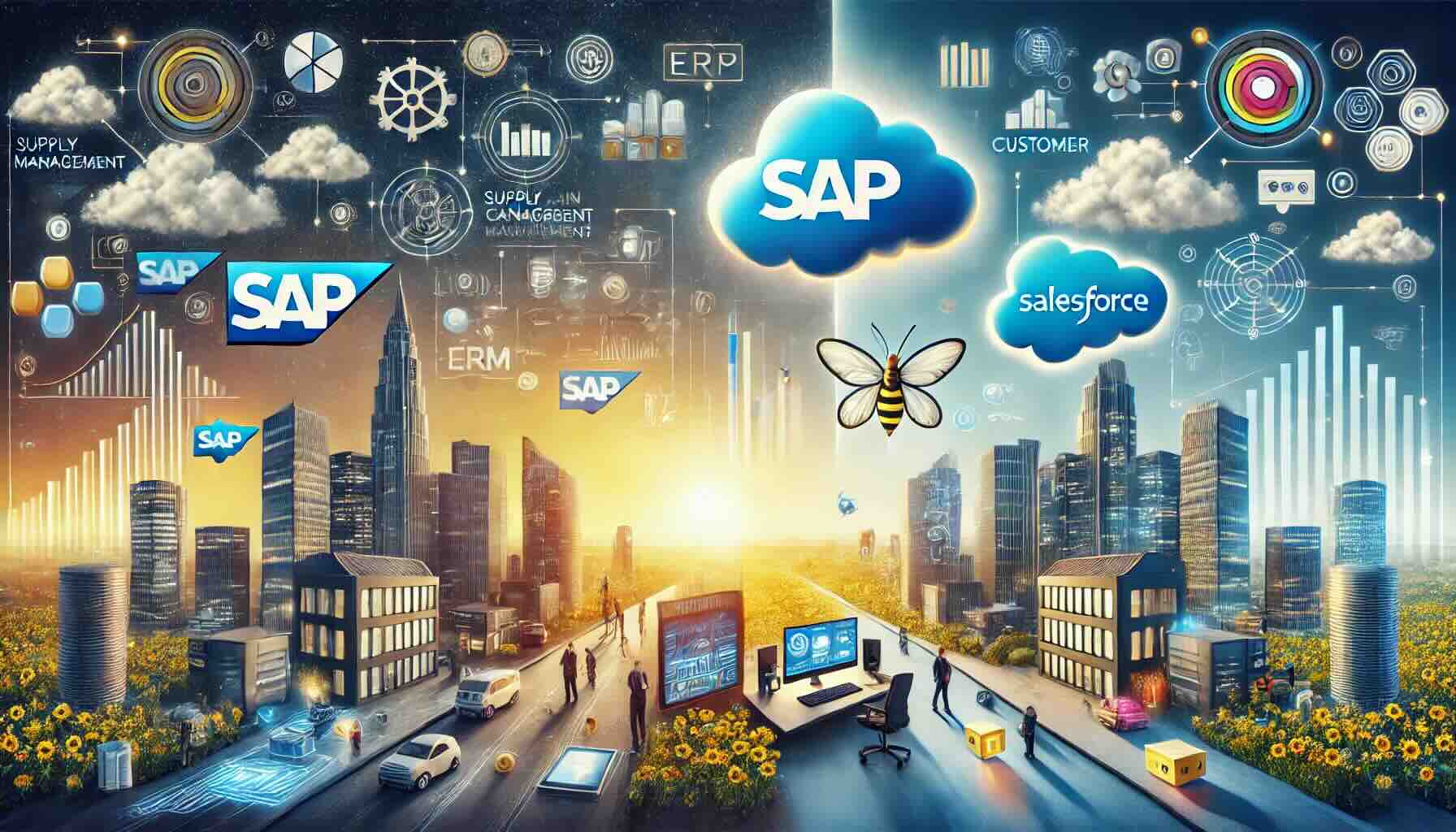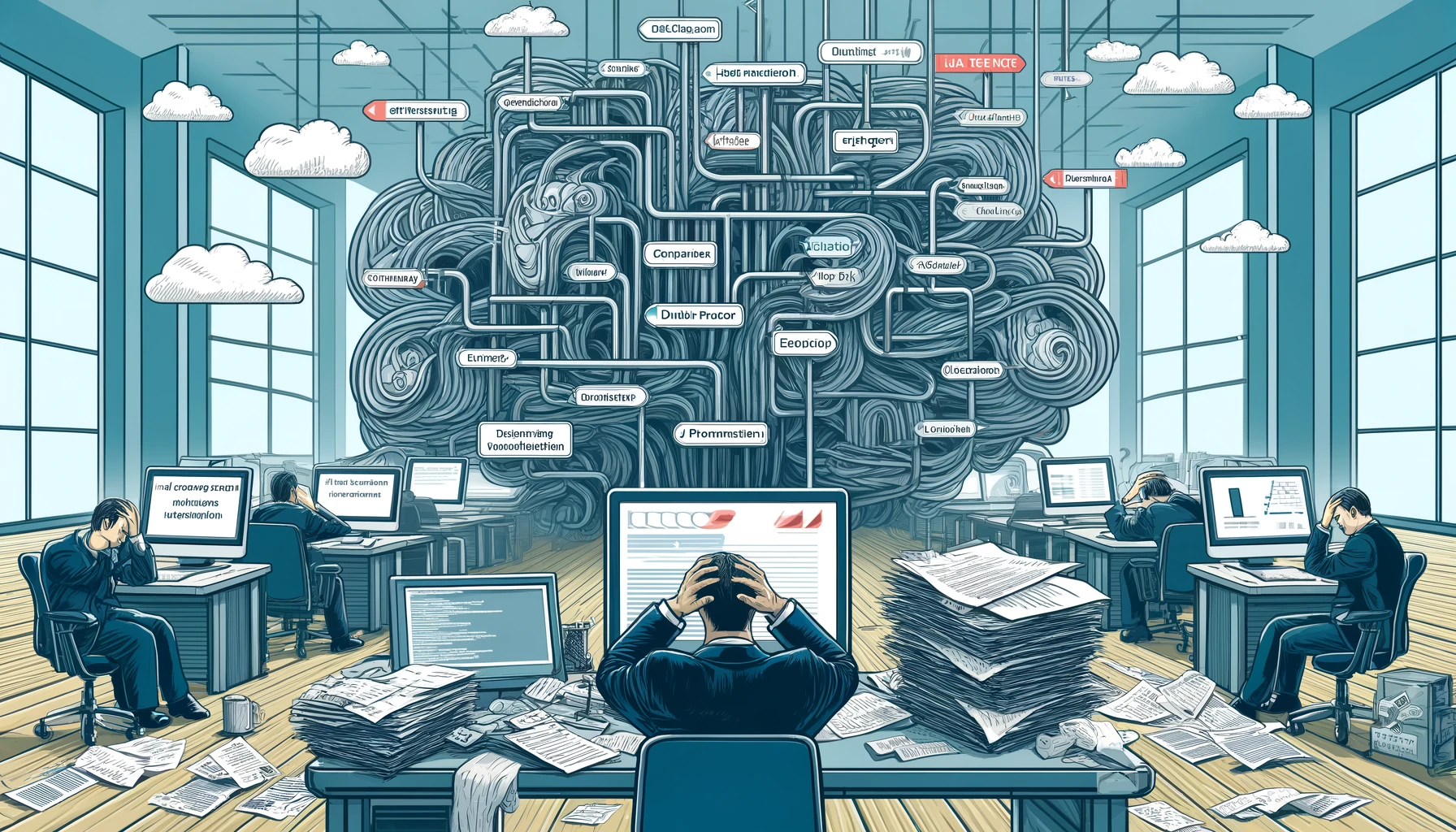Compare ERP for Agriculture

Compare ERP for agriculture: A guide for business leaders
In the agriculture and farming industry, it is essential to have a robust and efficient ERP system. Thus, business leaders should be cautious and take appropriate time to compare ERP for agriculture so that they can find the right solution to make their operations as productive and profitable as possible. In this guide, we delve into five leading ERP systems on the market, to help business leaders find the right solution for their company.
Acumatica: A rising star
Thanks to its cloud-based platform and use-friendly interface, Acumatica is gaining traction in the agricultural sector. It is very adaptable, offering a customizable framework that can be tailored according to business operations. Further, in providing access to real-time data, it supports business leaders to be confident in their decision-making, and its mobile compatibility allows for on-the-go management – a significant benefit for the often mobile nature of agricultural business. However, Acumatic is relatively new to the market, and some companies may prefer to go for a more established platform which has been tried and tested by a larger community. Click this link to find out more about Acumatica for agriculture
Odoo: Flexible and integrated
Odoo offers a highly integrated system which encompasses a wide range of functions beyond traditional ERP, such as CRM, eCommerce and inventory management. This can be a huge benefit for businesses looking for one comprehensive solution. Its open-source platform also offers a high degree of flexibility and customization. However, this can also be a double-edged sword, as reliance on third-party apps and modules for specific functionalities may cause problems in terms of cohesiveness. Click this link to find out more about Odoo for agriculture.
SAP S/4HANA: Scalability and analytics
SAP S/4HANA is a powerhouse renowned for its scalability and advanced analytics. For large-scale enterprises, SAP S/4HANA is robust in managing complex supply chains and extensive data analytics which are essential for generating predictive insights and strategic planning. The major drawback, however, lies in its complexity and higher cost of implementation, and so may not be a viable option for smaller agricultural businesses. Click this link to find out more about SAP S/4HANA for agriculture.
Microsoft Dynamics 365: A unified solution with strong CRM
Microsoft Dynamics 365 is a strong contender, useful for its seamless integration with other Microsoft products. Offering strong analytical tools and AI capabilities, its robust CRM features are particularly beneficial for agriculture businesses that focus heavily on customer and supplier relationships. However, business leaders should bear in mind that the system may require significant customization to fully cater to the particular needs of the agricultural and farming sector. Click this link to find out more about Microsoft Dynamics for agriculture.
Oracle Cloud ERP: Advanced technology
Oracle Cloud, with its advanced cloud infrastructure and comprehensive suite of applications, is well-suited for agricultural businesses which are aiming for digital transformation. With the benefits of high scalability and strong security features, Oracle Cloud’s advanced analytics provide insightful data analysis which is crucial for agricultural planning and forecasting. However, the complexity and cost of Oracle Fusion can be a hurdle, particularly for smaller agricultural operations. Click this link to find out more about Oracle Cloud ERP for agriculture.
Conclusion: Compare ERP for agriculture
Business leaders need to evaluate what their company needs most from an ERP system. Acumatica will bring flexibility and user-friendliness; Odoo, integration and customization; SAP S/4HANA can provide scalability and analytics for larger operations; Microsoft Dynamics 365, easy integration and strong CRM capabilities; and Oracle Cloud ERP brings advanced technology, scalability and security. The choice will ultimately depend on the size of the business, scale of resource and long-term business goals.
Remember, the right ERP solution is not just a software investment; it’s a strategic partner in a business’ journey towards innovation, growth and success.
To compare these ERP solutions and many more, you can use our new AI-powered Compare ERP tool. It’s free to use and you get a guaranteed discount on your first year’s licence fees with a referral from Compare ERP.









